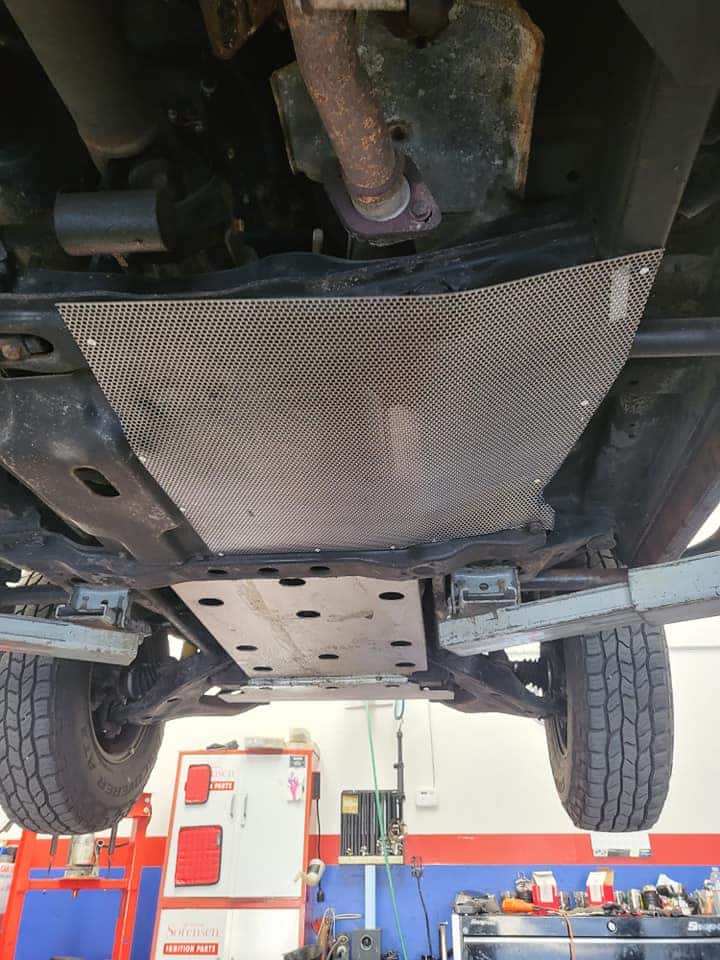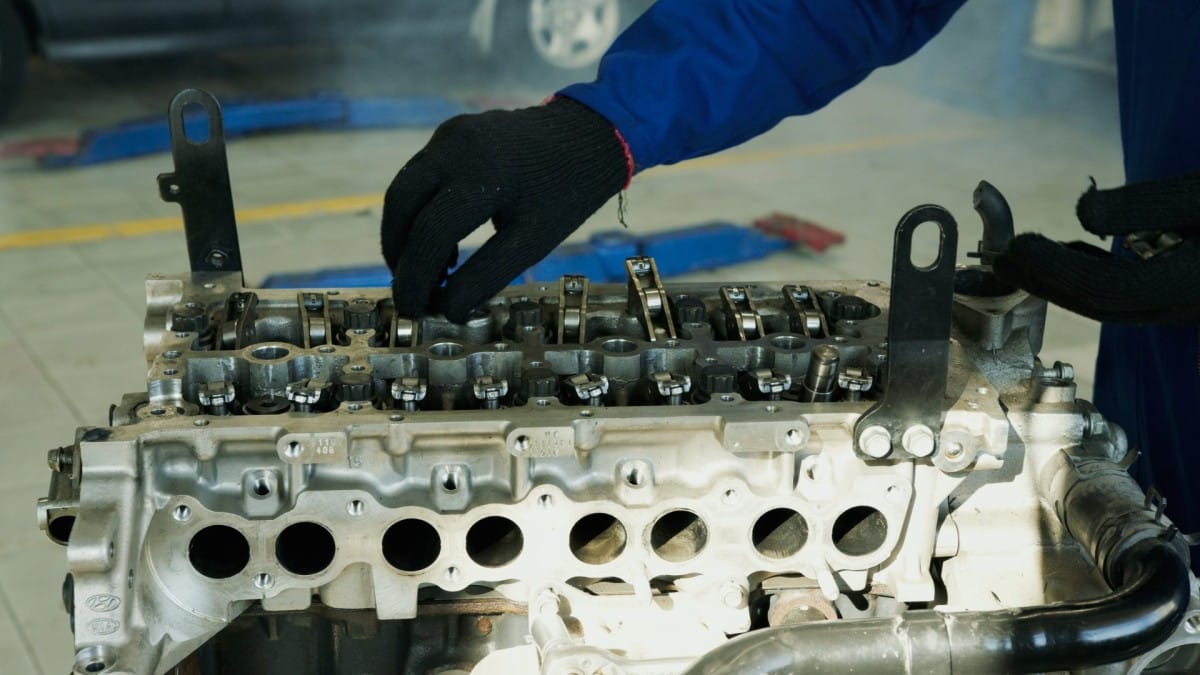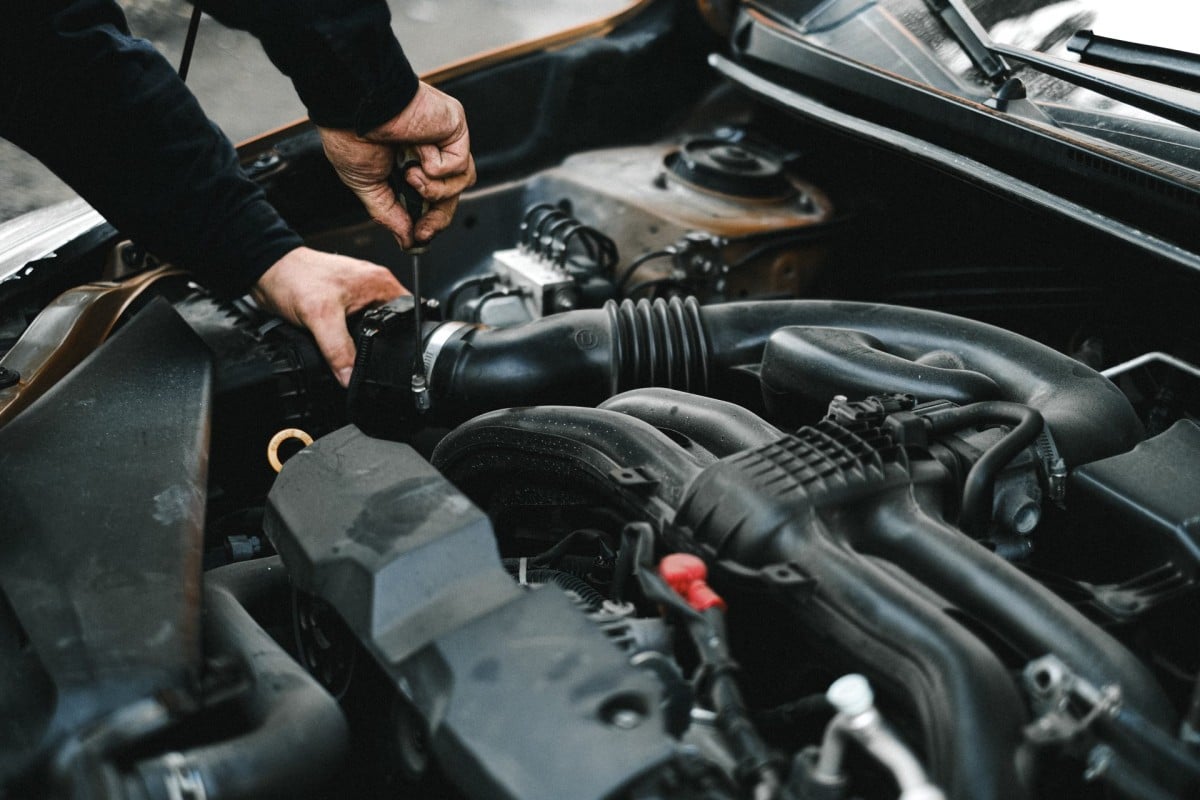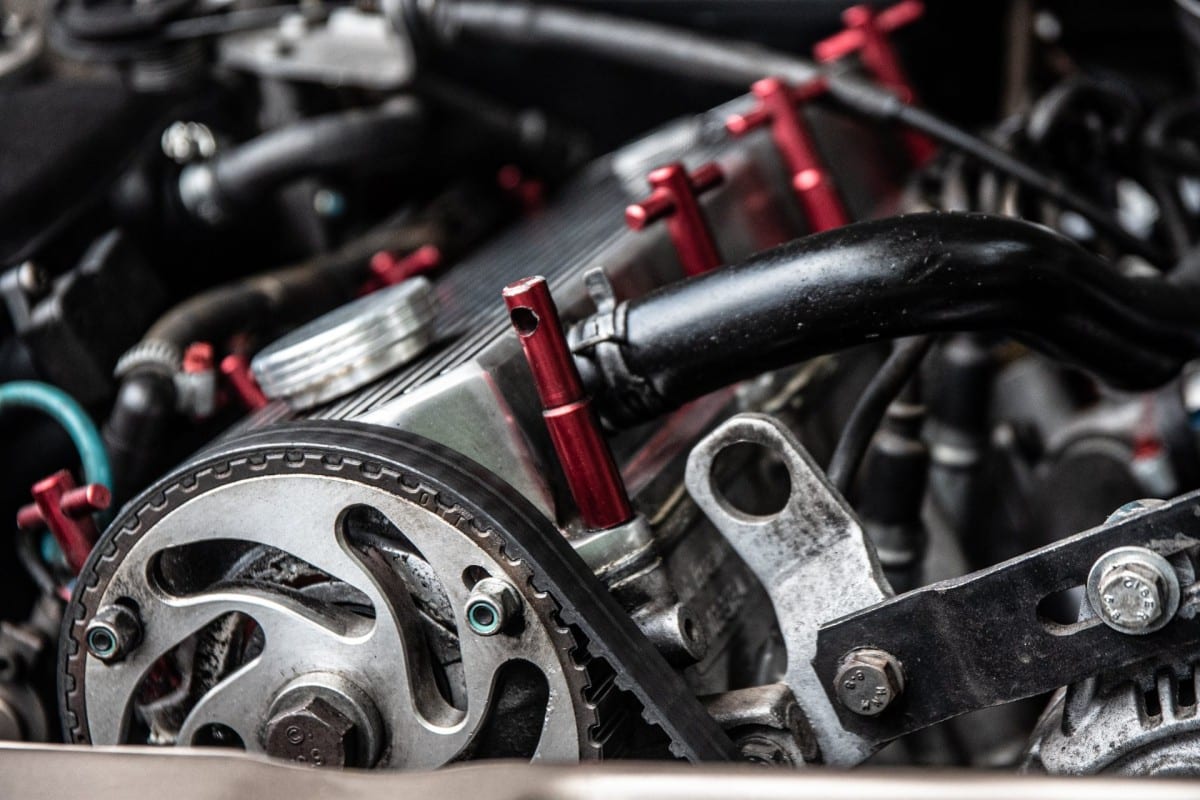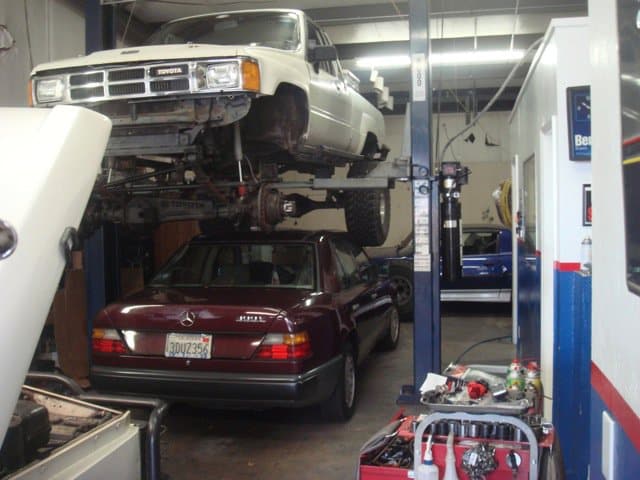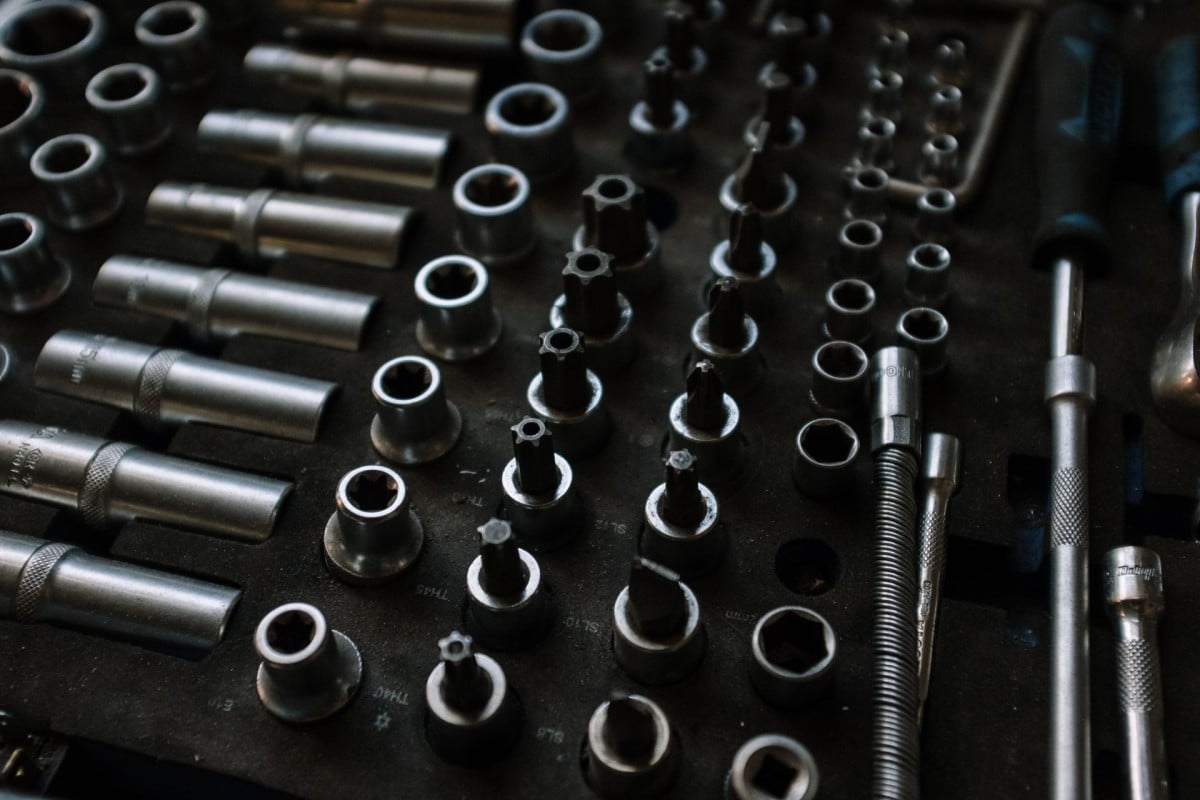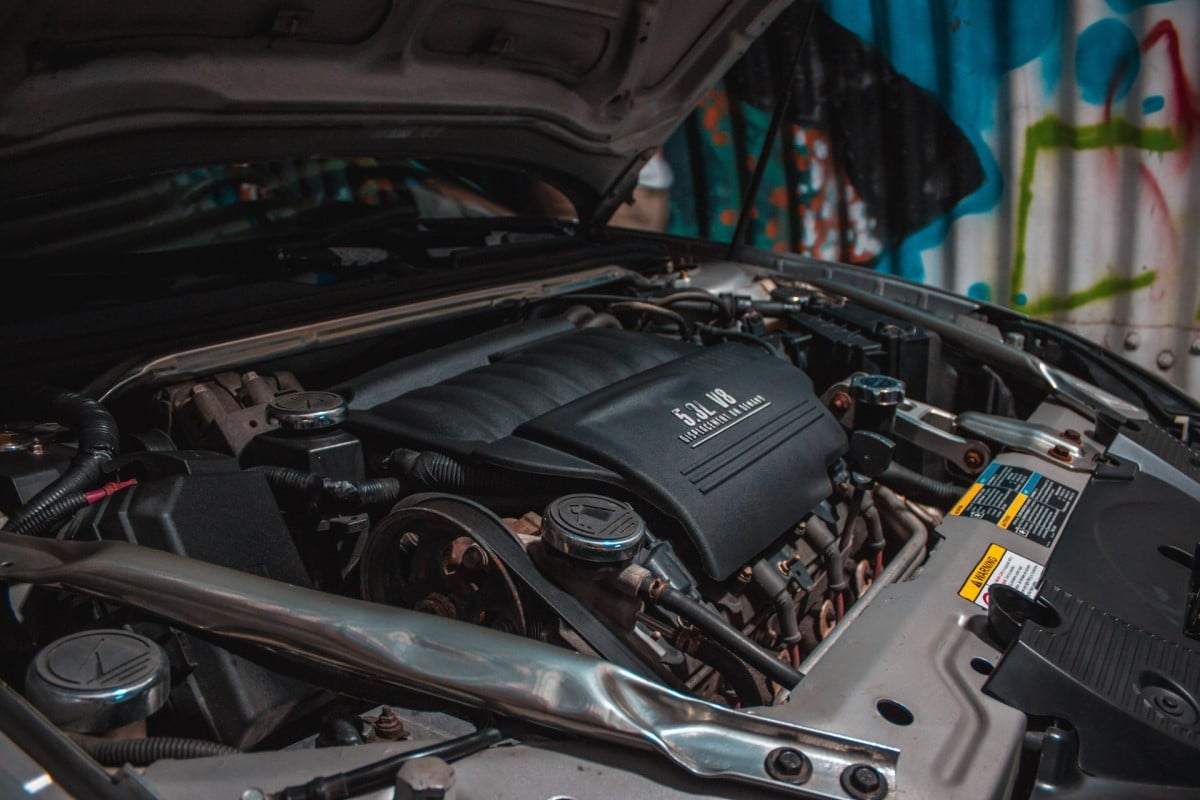Ever had a friend who barely maintains his car only to be shocked when the engine fails prematurely? It's a no-brainer that without the lifeblood of any car, the engine oil, a car can hardly outlive its expected lifespan. Now, let's talk about why regular oil changes are absolutely crucial for the longevity of your engine.
Firstly, let's get something straight. The engine oil isn't just a slippery substance. It's the lifeblood of your car. It reduces friction and wear, provides lubrication, and helps cool the engine parts. But over time, engine oil loses its efficacy due to the accumulation of dirt, dust, and debris. These particles create a thick sludge that hinders the smooth operation of the engine parts, and ultimately, your engine efficiency takes a nosedive.
Think about it. If you were a runner, you wouldn't try a marathon in worn-out shoes, would you? The same principle applies to your car. It needs fresh oil to run smoothly and efficiently. Changing your oil regularly, based on your vehicle manufacturer's recommendations, is the easiest way to give your engine a longer, healthier life.
Consider this. You're driving down Highway 101 in California. Your engine is humming nicely, the wind is in your hair, but underneath the hood, it's a battle. With every mile you drive, your oil is getting dirtier, working harder to keep everything running smoothly. If you've been neglecting oil changes, the dirty oil is causing wear and tear on your engine parts that could lead to expensive repairs down the line.
Studies have shown that an engine running on clean oil will have a life expectancy twice as long as one running on dirty oil. That's right, double! This is because clean oil significantly reduces the wear on engine parts caused by friction. It's a small investment that can save you a big headache in the future.
“But I don't drive my car much,” you might say, “Do I still need to change the oil regularly?” The answer is a resounding yes. Even if you're not a high-mileage driver, changing your oil regularly is still essential. This is because oil can degrade over time, even when not in use. Factors like temperature changes can cause the oil to break down, leading to a loss of its protective properties.
Now, let's get practical. How often should you change your oil? Most mechanics will recommend every 3,000 to 5,000 miles, but the exact intervals can vary depending on your vehicle type, driving habits, and the type of oil you use. Look up your vehicle manufacturer's guidelines or consult with a trusted mechanic to get a more accurate estimate.
There you have it. Regular oil changes are an essential preventative measure for maintaining your vehicle's health and extending the life of your engine. It's a small price to pay for the peace of mind and the potential savings down the road.
At Sartorial Auto Repairs, the health of your engine is our utmost concern. We pride ourselves on providing top-notch auto maintenance services and making sure your vehicle is in the best possible condition. If you're due for an oil change, don't wait. Bring your car to us and let us give your vehicle the tender love and care it deserves. Because at the end of the day, nothing beats the assurance of a smoothly running engine.


